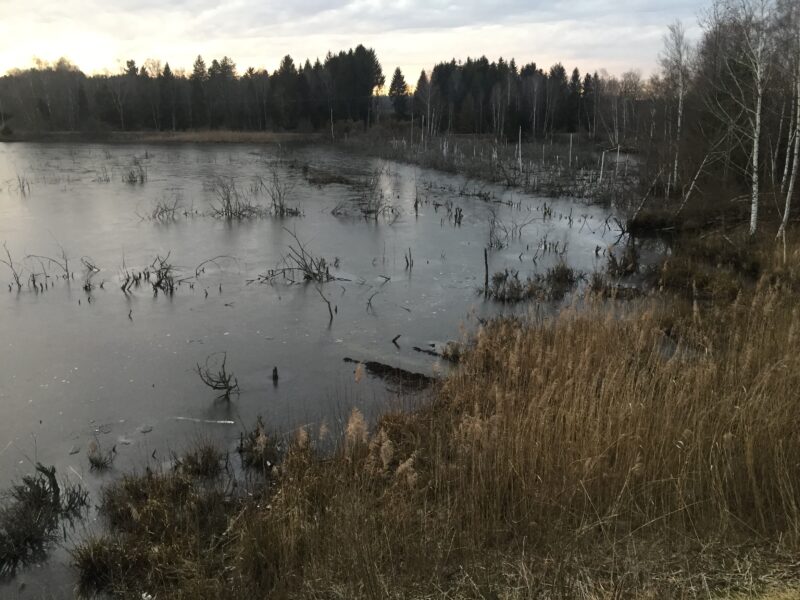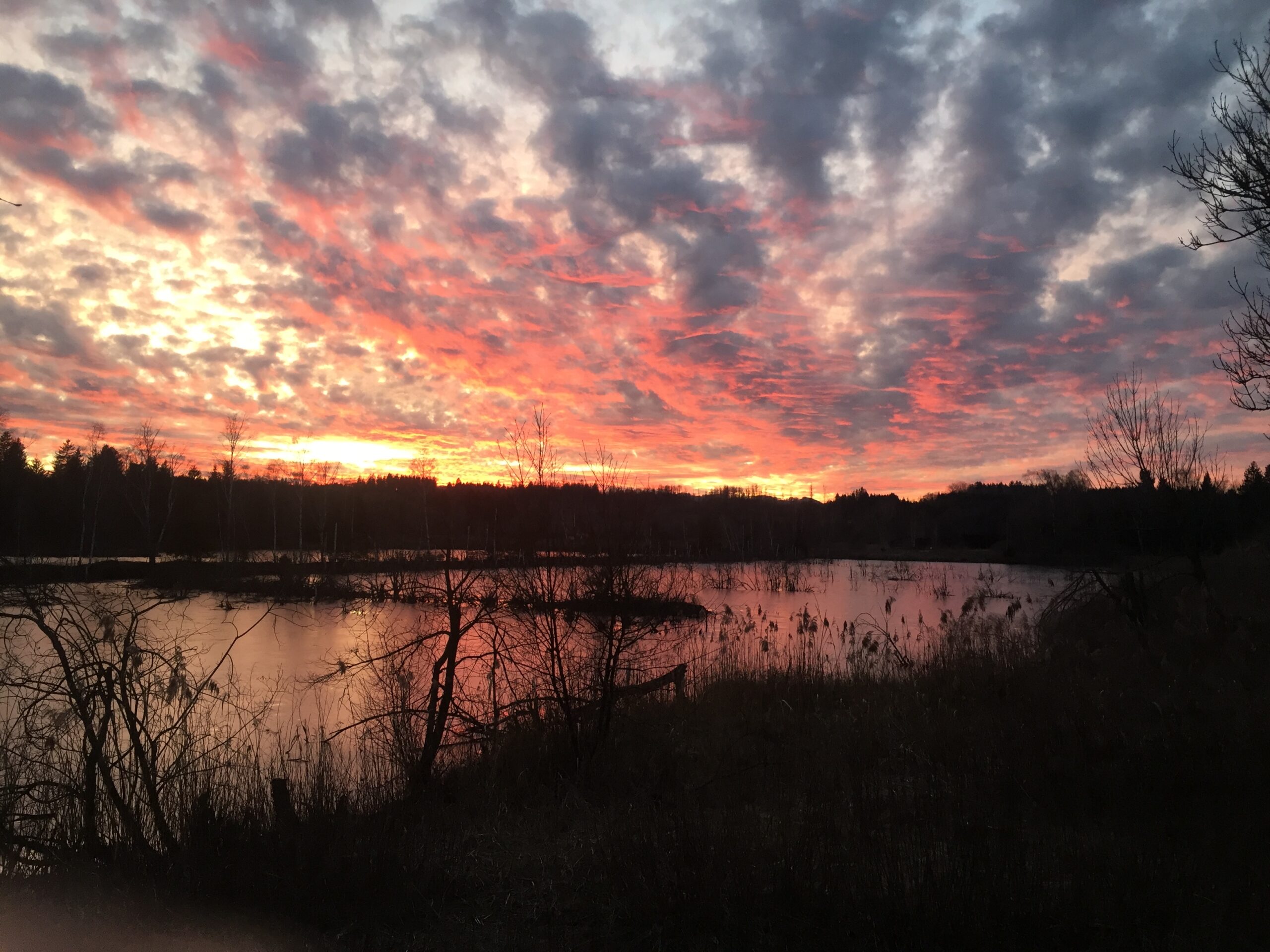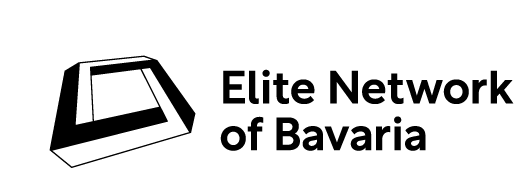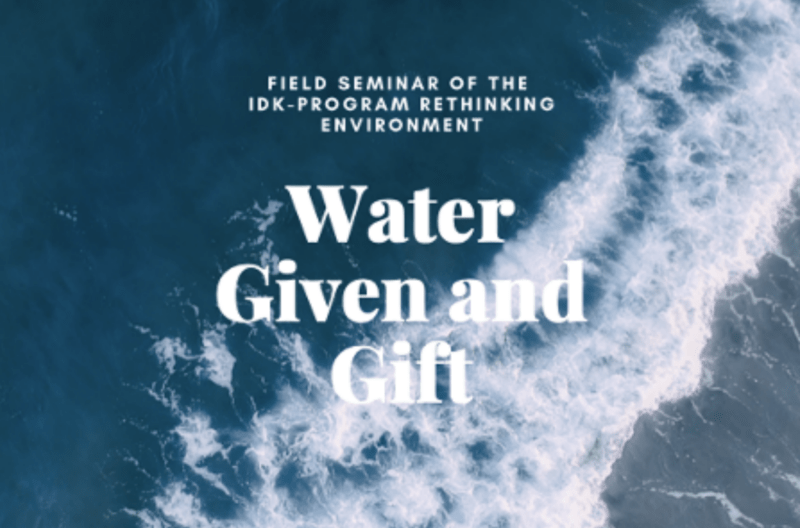
2nd IDK Field Workshop: “Commitment to climate protection. Political demands, local initiatives”
February 8 - 9 09:30 AM
2024
Description:
Our second IDK field workshop focuses on local initiatives and how they deal with the challenges of climate change. The workshop consists of four parts: First, we will meet Sofia Zibell, who has been involved in the Augsburg “climate camp” from the very beginning. We will have the opportunity to talk to her about the group’s strategies of climate activism. Afterwards, we will listen to a short lecture by Augsburg historian Prof. Dr. Stefan Lindl on the challenging relationship between the preservation of cultural heritage and urban climate protection. You can find out more about this here: https://rethinking-environment-idk.de/event/green-hour-urbane-transformationen-stadtplanung-im-klimawandel-prof-dr-stefan-lindl/. The next day, we will travel to Weilheim i. O. to visit peatlands that are being renaturalized as one of several measures to accomplish the “climate-neutral town of Weilheim”. The tour will be led by a representative of “Greensurance,” a foundation that finances the project. Afterwards, we will meet for a discussion with Weilheim initiatives and individuals who are involved in the peatlands project in one way or another, including a climate manager, a conservationist, an organic farmer and the meteorologist and climate scientist Prof. Dr. Stefan Emeis, who himself lives in Weilheim. The general topic of the discussion is the relationship between climate and environmental and landscape protection in the context of other, particularly economic, interests at a local level.
Why Weilheim?
The town of Weilheim i. O. wants to become climate-neutral by 2035 (https://www.merkur.de/lokales/weilheim/kreisbote/ambitionierter-aktionsplan-konzept-fuer-ein-klimaneutrales-weilheim-empfohlen-92679505.html). In cooperation with the “Energiewende Oberland” foundation, the town has developed concrete measures to achieve this goal. What kinds of measures? How has the process been working so far? What progress and setbacks are there? Which local initiatives are involved? How do you get the population on board? How do federal and EU policies affect the local level? How do you deal with the time pressure on the carbon dioxide reduction project?
Our expert and guide
Prof. Dr. Stefan Emeis has been associated with the WZU for a long time and will accompany us on this excursion. The emeritus professor of meteorology is not only a well-known specialist in climate issues, but he also engages actively on the local level. As a consultant for environment and climate in the town of Weilheim, he is on the town’s climate committee and the board of directors of the municipal utility company “Stadtwerke Weilheim.” He is also committed to the renaturation of the moors near Weilheim, the only municipality in the district that still allows peat extraction. Mr. Emeis will accompany us throughout the second day of the workshop and is looking forward to our questions and input.

